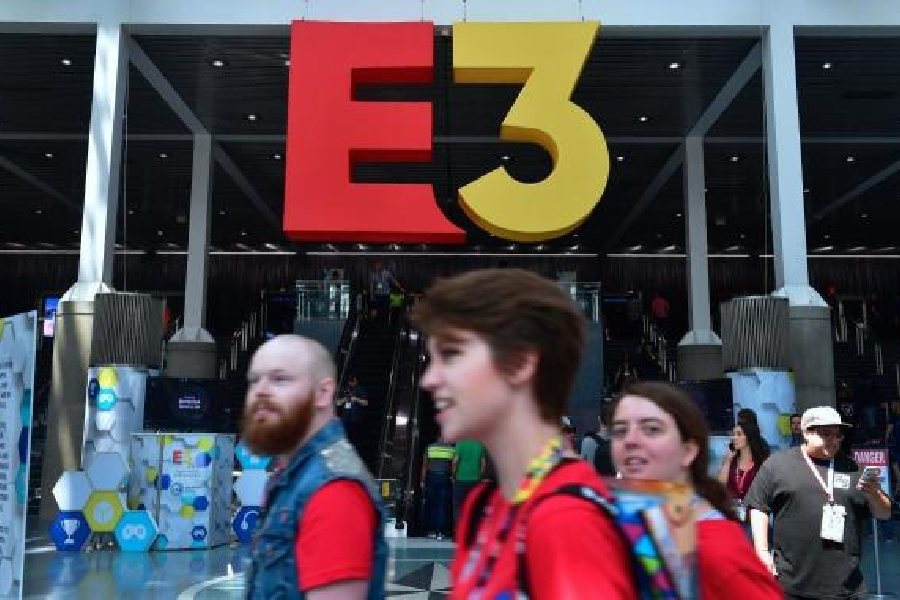Once the largest video game expo in the world, E3 (Electronic Entertainment Expo) will not return. “After more than two decades of E3, each one bigger than the last, the time has come to say goodbye. Thanks for the memories," the Entertainment Software Association (ESA), E3's organiser, posted on X (formerly Twitter). The statement closed out with “GGWP” or “good game, well played”.
Working against the popularity of E3 is new competition, partner withdrawals and changing audience habits. The event began in 1995 when the gaming industry was a different ball game. For many years, it was the premiere event where companies showed off their wares. But in recent years, videogame companies kept announcing that they're skipping the gaming convention.
To appreciate E3, one has to appreciate the fledgling gaming industry of the 1990s. Take the example of Sega of America president Tom Kalinske announcing in early 1995 that the company’s new console, the Sega Saturn, would make it to stores in the fall but then, E3 rolled out and suddenly the company said the machine was immediately available. It meant a lot to gamers back then.
Before E3, gaming played a significant role at Consumer Electronics Show in Las Vegas but as the industry grew, major players decided they needed a separate event. The show started on a high note when Sony executive Steve Race did away with his planned press conference speech about the then-upcoming PlayStation to deliver a single phrase: "Two hundred and ninety-nine dollars.” It was $100 less than the Sega Saturn, starting a new generation of console wars.
The pandemic wasn’t kind to E3. There hasn’t been an in-person E3 since 2019. In 2021, there was a virtual edition but the annual do was canned in 2020, 2022 and 2023. The ESA told its members this spring that many major names had pulled out of this year’s planned E3. ReedPop, the organiser of PAX and New York Comic Con, was set to run E3 2023 before the event was called off.
“We know the entire industry, players and creators alike have a lot of passion for E3. We share that passion. We know it’s difficult to say goodbye to such a beloved event, but it’s the right thing to do given the new opportunities our industry has to reach fans and partners,” Pierre-Louis, president and CEO of ESA, has told The Washington Post.
Trouble had been brewing for a long time. Online video news conferences offer information directly to audiences without having to maintain deadlines. In 2011, Nintendo created the “Direct” format, a video news conference announcing new games and products. In 2018, Sony PlayStation decided to leave the event and around 2019, former E3 collaborator Geoff Keighley announced that he quit helping the ESA with the show and had decided to engineer his own events.
E3 failed to evolve with the times. An industry-only trade show is always a tough call in an era of social media, which connects fans with creators easily. E3 should have opened doors to fans earlier than they eventually did (it was originally for publishers).











